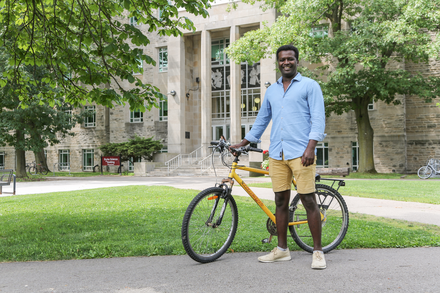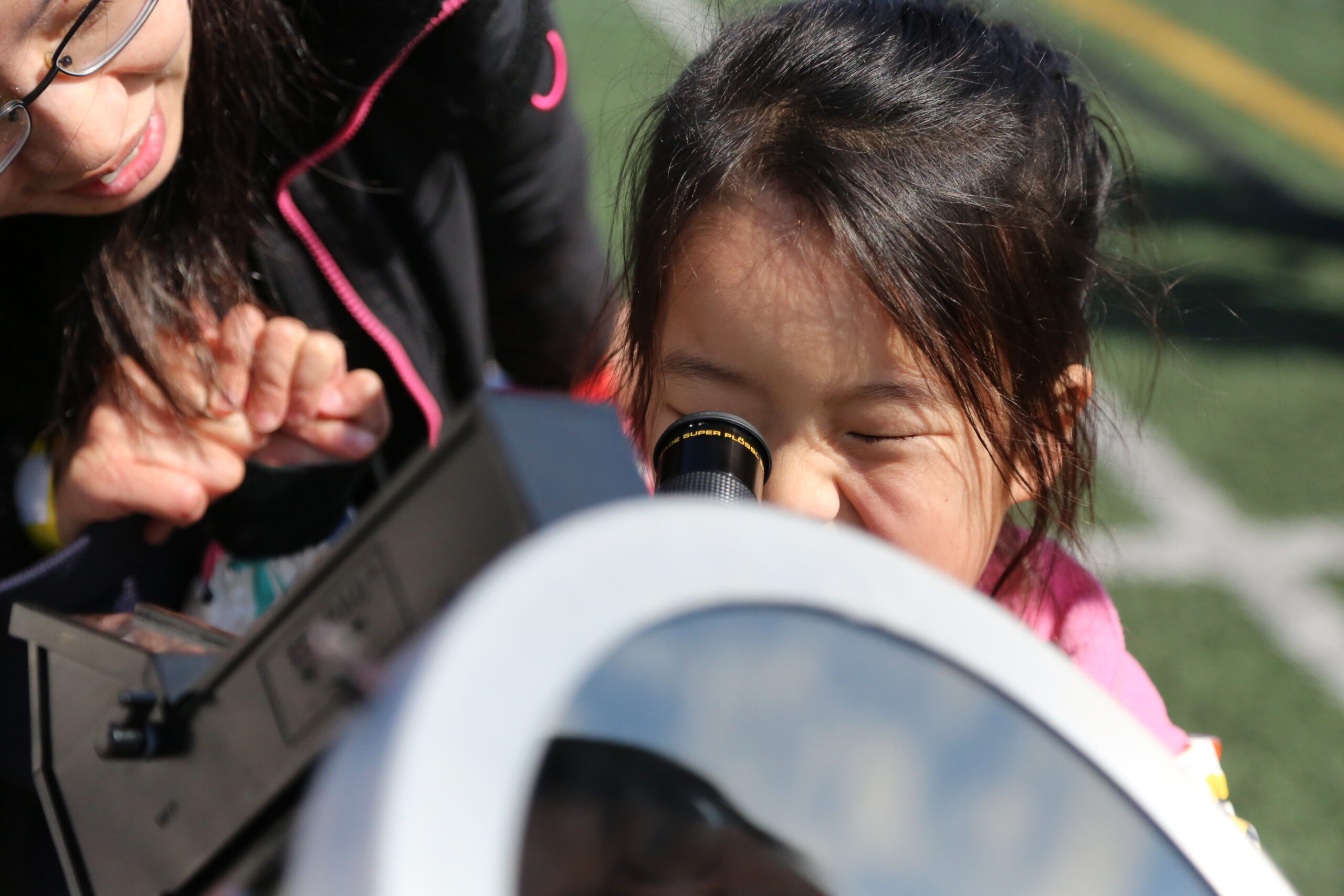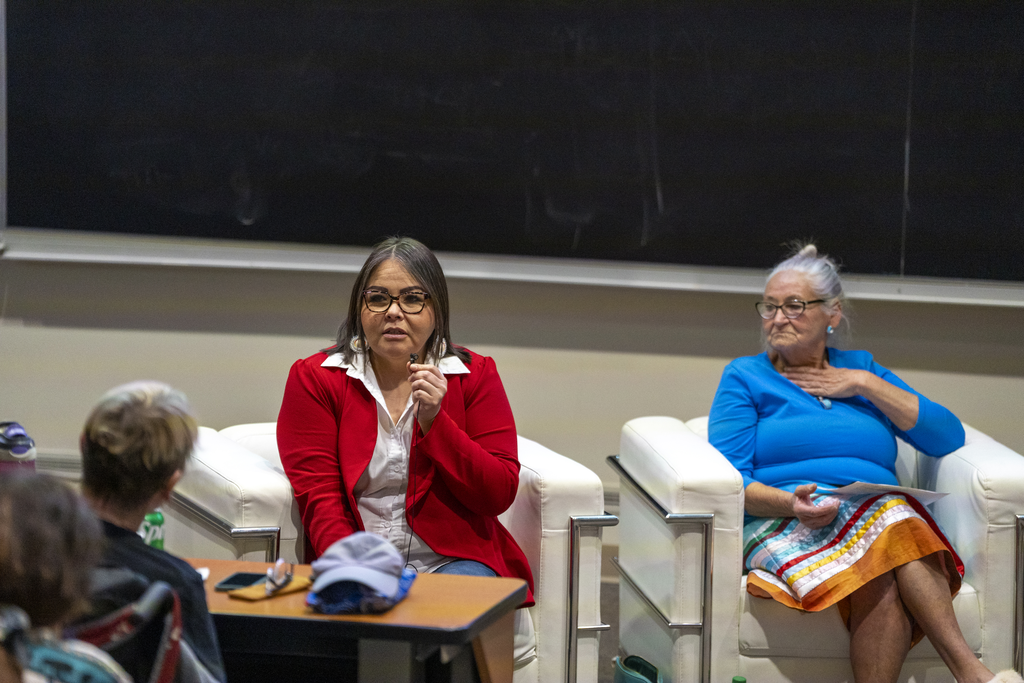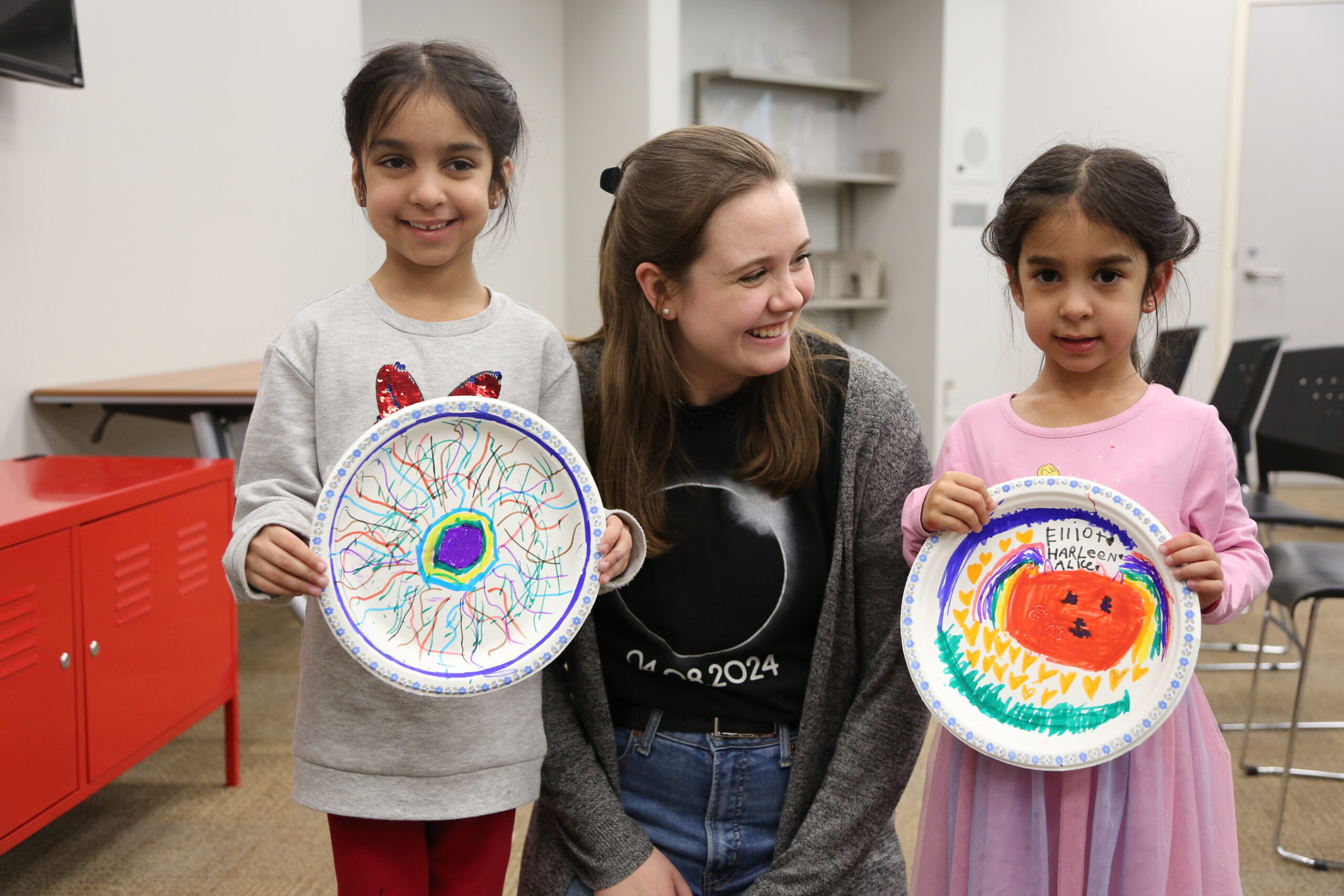Introducing New Members To The Faculty Of Science – Alemu Gonsamu

“I always wanted to be a scientist. I don’t remember ever wanting to be anything else. My main motivation was pure love for science, especially the elegance of mathematics all throughout junior and secondary school. My mother and older brother played the largest role and had the greatest influence. They constantly encouraged me to pursue my passion for science and to go as far as I possibly could in my academic endeavors. I grew up in Hawassa. It’s a mid-size city in Ethiopia that’s about half the size of Hamilton. Parents in the neighborhood where I grew up took great pride in sending their children to good schools and eventually to university. This is common in Ethiopia and most of East Africa. Children are considered to be representative of their parents and close relatives. Academic, professional and social success is considered a direct reflection of good parenting which I was very fortunate and grateful to receive.”
Alemu’s research at McMaster focuses on ground, airborne and satellite remote sensing of terrestrial ecosystems and their responses to global change from leaf and plot levels to regional and global scales. Alemu earned a Ph.D. in Geography from the University of Helsinki, an MSc in Geo-information Science from Wageningen University and a BSc in Forestry from Hawassa University. Prior to joining the Faculty of Science, Alemu was a post-doctoral fellow and research associate in the Department of Geography and Planning at the University of Toronto. Alemu is an editorial board member for Remote Sensing and serves on review panels for international projects with organizations that include NASA and the European Commission.
Related News
News Listing

Physics and Astronomy grad students offer out-of-this-world view at total solar eclipse viewing party
Community, Engagement excellence, Graduate students
April 8, 2024

The greatest of love stories: Panel shares Indigenous perspectives on the eclipse and astronomy
Community, Faculty, Outreach, science communication
April 8, 2024

